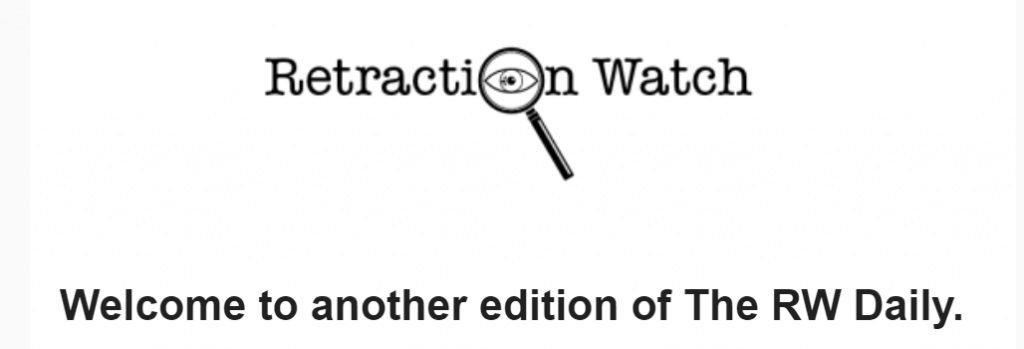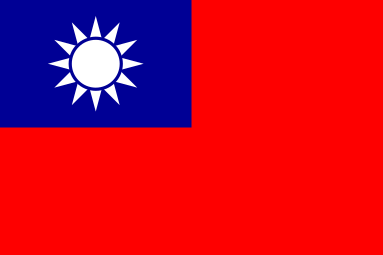
A paper by Ping Dong, a former researcher at Northwestern who left her post less than a year after having a paper retracted from Psychological Science, has been subjected to an expression of concern.
The 2017 paper, in the Journal of Consumer Research, claimed to show that “Witnessing Moral Violations Increases Conformity in Consumption.” It has been cited just twice, according to Clarivate Analytics’ Web of Knowledge.
The expression of concern reads:
Continue reading Former Northwestern psychology prof has paper subjected to an expression of concern






